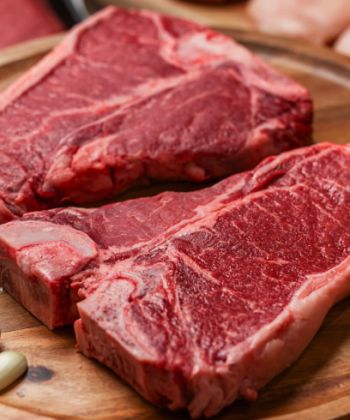
Kava, also known as “awake” in some cultures, has been a staple drink in the Pacific islands for centuries. Derived from the roots of the kava plant, this ancient beverage is known for its relaxing and calming effects. But what was once a traditional drink among islanders has now made its way to the rest of the world and is rapidly gaining popularity.
With its growing popularity comes a lot of curiosity and questions about this mysterious drink. What makes it so special? How does it taste? And most importantly, why are people all over the world turning to kava for its medicinal benefits?
In this blog post, we will dive into the world of kava and explore its history, cultural significance, effects, and potential health benefits. Let’s get started.
The Origins of Kava
Kava has been a part of Pacific island culture for over 3000 years. It is believed to have originated in the archipelago of Vanuatu, where it was first domesticated and cultivated.
From there, it spread to other Pacific islands such as Fiji, Tonga, Hawaii and is now consumed in different forms in many countries around the world. For instance, kava bar in St Augustine, Florida, serves kava as a relaxing beverage instead of alcohol. You can visit a kava bar to experience the ancient drink, and also learn more about its origins and cultural significance.
Traditionally, kava was used for ceremonial purposes and social gatherings, as it was believed to bring people together and promote a sense of community. It also played a significant role in spiritual rituals and medicinal practices among islanders.
The Culture Around Kava
Kava holds a special place in the hearts of Pacific islanders, where it is not just a drink but an integral part of their culture. The preparation and consumption of kava is considered a sacred ritual, often accompanied by traditional music and dancing.
The plant itself has cultural significance as well, with some island communities believing it to be a gift from the gods. In Vanuatu, kava roots are even used in wedding ceremonies as a symbol of unity and peace between families.
As kava continues to gain popularity around the world, it’s important to understand and respect its cultural significance to the Pacific islanders who have been enjoying it for centuries.
What Makes Kava Special?
Aside from its cultural significance, kava is also known for its unique properties that make it stand out from other herbal drinks. Unlike alcohol or caffeine, kava provides a mild sense of relaxation without impairing cognitive function.
Kavalactones, the active compounds found in the kava root, are responsible for its calming effects. These compounds interact with the brain’s neurotransmitters and can help reduce anxiety and promote sleep.
Furthermore, kava is non-addictive and has minimal side effects when consumed in moderation. This makes it a popular alternative for those looking to relax without the negative effects of alcohol or prescription medications.
Kava is more than just a beverage – it’s a cultural tradition and a source of relaxation and potential health benefits. With its origins in the Pacific islands, kava has now made its way to other parts of the world and is gaining recognition for its unique properties. While it’s important to understand the history and culture surrounding kava, it’s also essential to consume it responsibly and with respect for its traditional roots.


